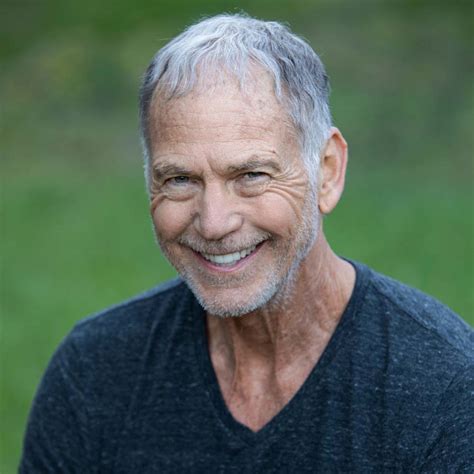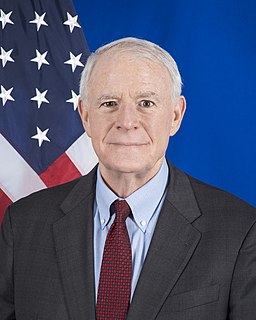A Quote by Cesar Chavez
Jesus' life and words are a challenge at the same time that they are Good News. They are a challenge to those of us who are poor and oppressed. By His life He is calling us to give ourselves to others, to sacrifice for those who suffer, to share our lives with our brothers and sisters who are also oppressed. He is calling us to "hunger and thirst after justice" in the same way that we hunger and thirst after food and water: that is, by putting our yearning into practice.
Quote Topics
Related Quotes
Also our fellow competitors, who are indeed the people just mentioned - we do not compete with men who lived a hundred centuries ago, or those yet not born, or the dead, or those who dwell near the Pillars of Hercules, or those whom, in our opinion or that of others, we take to be far below us or far above us. So too we compete with those who follow the same ends as ourselves; we compete with our rivals in sport or in love, and generally with those who are after the same things; and it is therefore these whom we are bound to envy beyond all others. Hence the saying.
The Church will always be renewed when our attention shifts from ourselves to those who need our care. The blessing of Jesus always comes to us through the poor. The most remarkable experience of those who work with the poor is that, in the end, the poor give more than they receive. They give food to us.
When we are really honest with ourselves we must admit that our lives are all that really belong to us, so it is how we use our lives that determines what kind of men we are. It is my deepest belief that only by giving life do we find life, that the truest act courage, the strongest act of manliness is to sacrifice ourselves for others in a totally non-violent struggle for justice. To be a man is to suffer for others, God help us to be men.
You are a child of God, small games do not work in this world. For those around us to feel peace, it is not example to make ourselves small. We were born to express the glory of God that lives in us. It is not in some of us, it is in all of us. While we allow our light to shine, we unconsciously give permission for others to do the same. When we liberate ourselves from our own fears, simply our presence may liberate others.
But we can perhaps remember, if only for a time, that those who live with us are our brothers, that they share with us the same short moment of life; that they seek, as do we, nothing but the chance to live out their lives in purpose and in happiness, winning what satisfaction and fulfillment they can.
...Those laws are within the grasp of the human mind. God wanted us to recognize them by creating us after his own image so that we could share in his own thoughts... and if piety allow us to say so, our understanding is in this respect of the same kind as the divine, at least as far as we are able to grasp something of it in our mortal life.
All of us need an identity which unites us with our neighbours, our countrymen, those people who are subject to the same rules and the same laws as us, those people with whom we might one day have to fight side by side to protect our inheritance, those people with whom we will suffer when attacked, those people whose destinies are in some way tied up with our own.
It is increasingly obvious that environmentally sustainable solutions to world hunger can only emerge as people eat more plant foods and fewer animal products. To me it is deeply moving that the same food choices that give us the best chance to eliminate world hunger are also those that take the least toll on the environment, contribute the most to our long-term health, are the safest, and are also, far and away, the most compassionate towards our fellow creatures.
We live in a society which is heading in one direction, so it's good to have at least a few friends who share the same values and can encourage us and help us to remember that we're not alone or peculiar, but that what we're doing is a very valid way of life. This will encourage us to put the Dharma at the centre of our life and not the periphery, to use our daily life as our Dharma practice.
As we live our human lives, let us be like the water. Let us be conscious of the flow. Let us not forget the great ground of being that draws us on through life. Let us live in a knowing hope, aware that all being is in transition, that all movement is back to the source. Let us treat those around us as reminders of our illusionary individuality. We know that they are us and we are them connected in ways we cannot fathom. Let us grow in compassion for all beings, for they share our journey.
When God tells us to give extravagantly, we can trust Him to do the same in our lives. And this is really the core issue of it all. Do we trust Him? Do we trust Jesus when He tells us to give radically for the sake of the poor? Do we trust Him to provide for us when we begin using the resources He has given us to provide for others? Do we trust Him to know what is best for our lives, our families, and our financial futures?
I think that for those of us who come from oppressed backgrounds and who do our work in marginalized communities, recovering our innocence is one of the most important acts of self-liberation and de-colonization. Not letting the requirement that we adapt to impossible circumstances and unconscionable crimes leave us shackled to the kind of cynicism and armor such that we can't breathe and laugh and magnetize to ourselves all the genius and love and support that we need to transform the situation. That's probably the biggest challenge, is to recover our innocence.



































